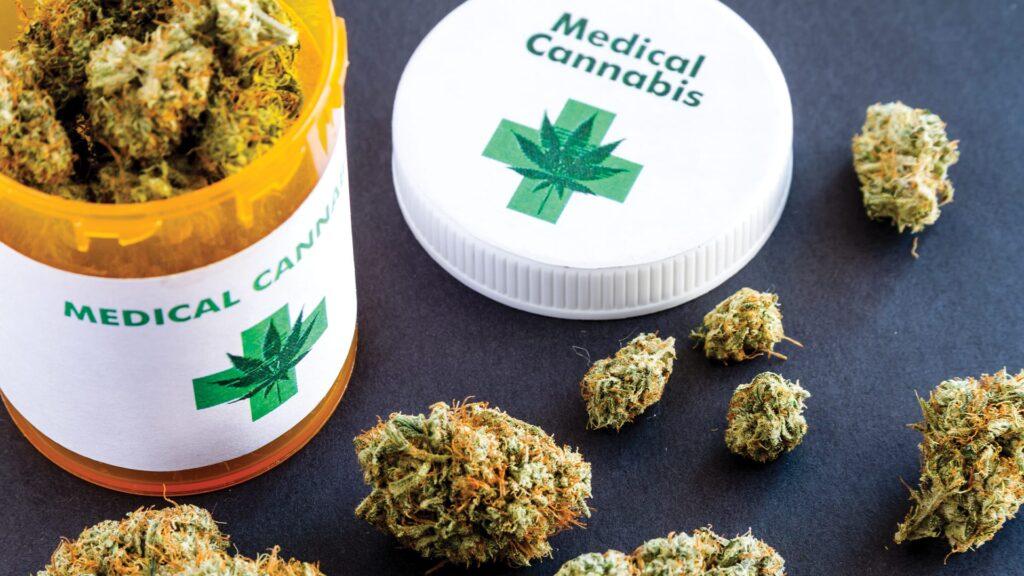A group behind an initiative to legalize recreational marijuana says they’re confident they have collected enough signatures to place their proposal on the November ballot for a public vote.
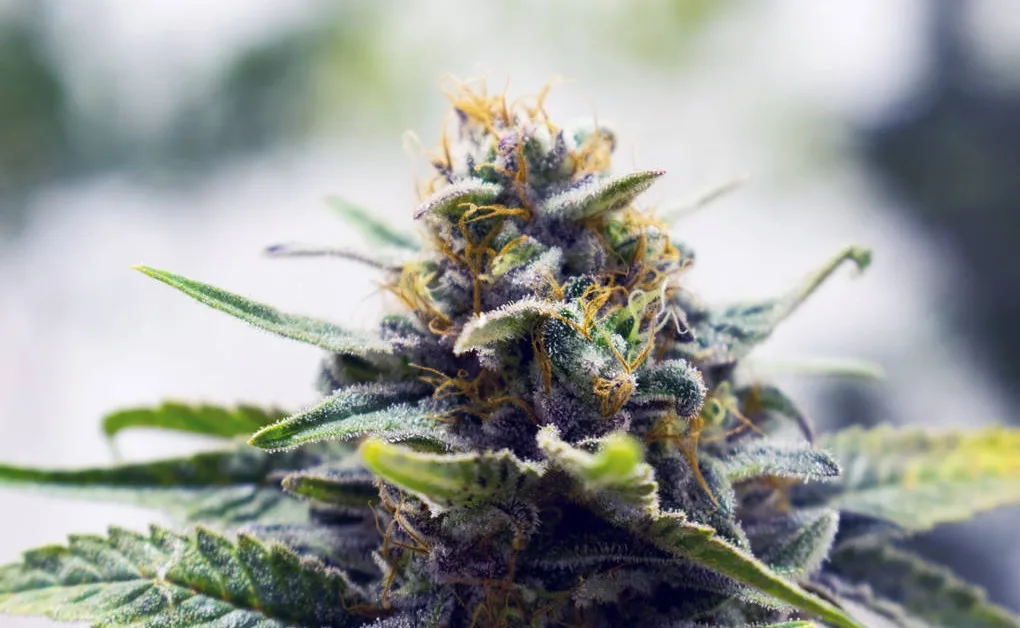
South Dakotans for Better Marijuana Laws says they will submit their signatures to South Dakota Secretary of State Monae Johnson tomorrow, the state’s deadline. The group says they will submit well more than the 35,017 signatures required for the measure to be voted on during the November presidential election. Before the measure can be officially certified for the ballot, the state must verify that enough of the signatures are from registered South Dakota voters.
In 2020, South Dakotans for Better Marijuana Laws successful placed a marijuana legalization initiative on the November ballot, with it receiving support from 54% of voters. Due to a technicality in the initiative’s language, the measure was thrown out by state courts.
Continue reading

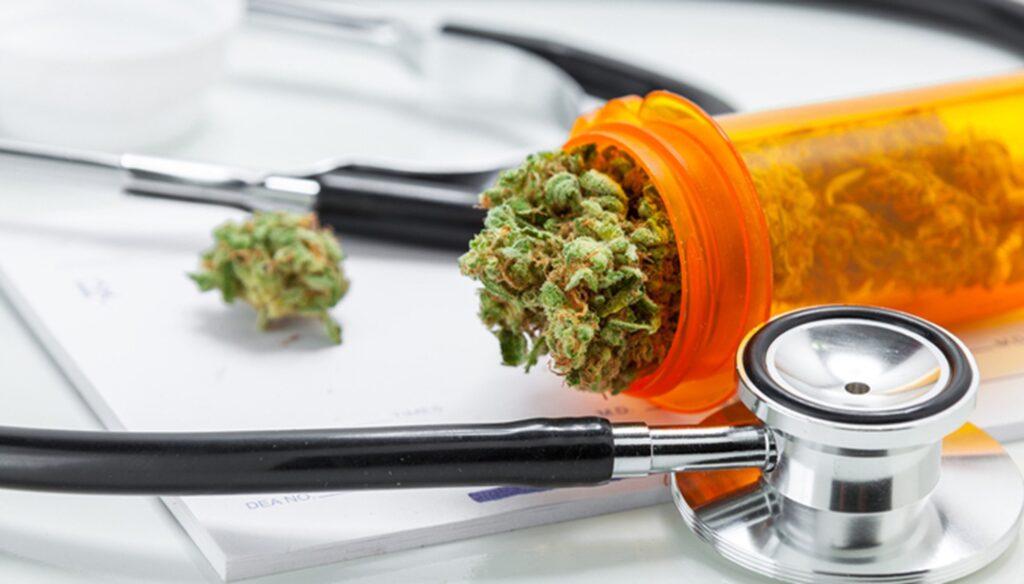
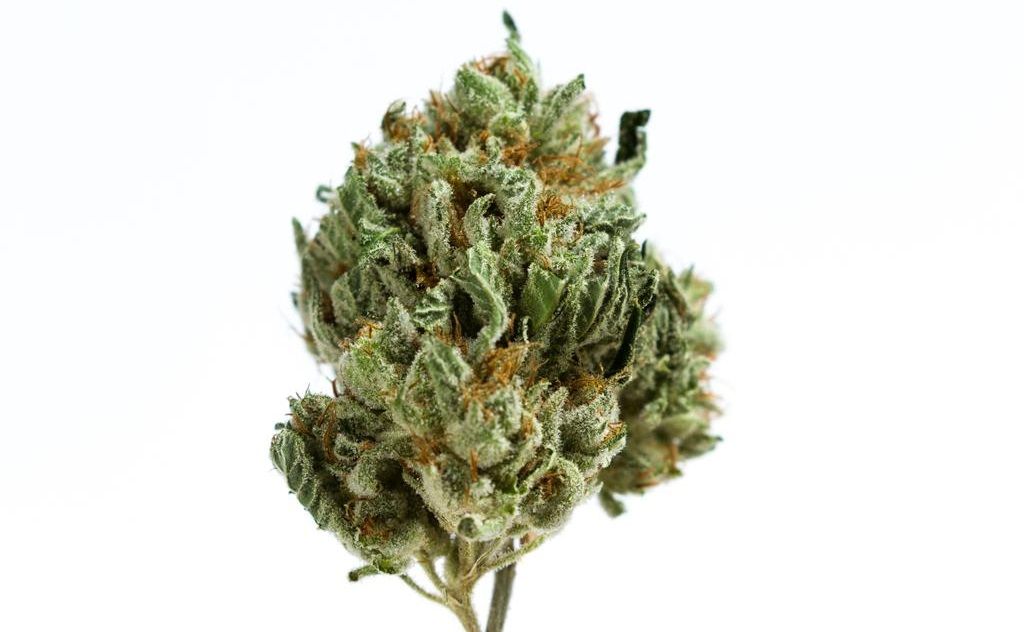
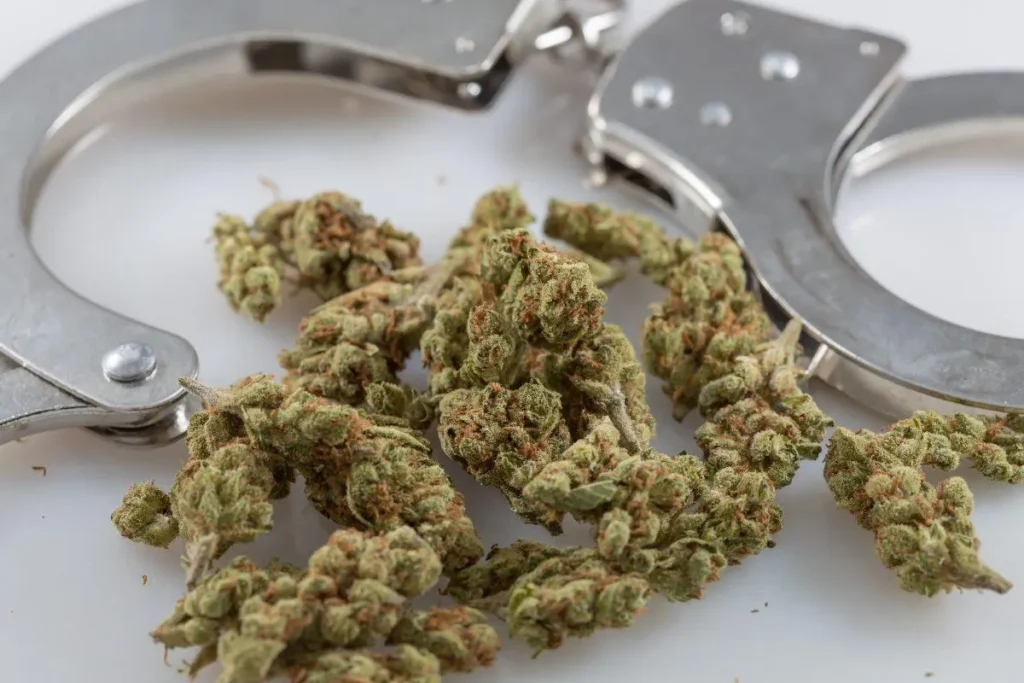

 On Friday, the Senate approved the measure introduced by State Representative Zack Stephenson (D) with a vote of 34 to 32. Last month, the House of Representatives passed the proposal with a 69 to 62 vote. Since the measure was amended in the Senate, a conference committee will be formed to reconcile the differences between the House and Senate versions of the bill. Once unified, the bill will be forwarded to Governor Tim Walz, who is expected to sign it into law if it reaches his desk.
On Friday, the Senate approved the measure introduced by State Representative Zack Stephenson (D) with a vote of 34 to 32. Last month, the House of Representatives passed the proposal with a 69 to 62 vote. Since the measure was amended in the Senate, a conference committee will be formed to reconcile the differences between the House and Senate versions of the bill. Once unified, the bill will be forwarded to Governor Tim Walz, who is expected to sign it into law if it reaches his desk.